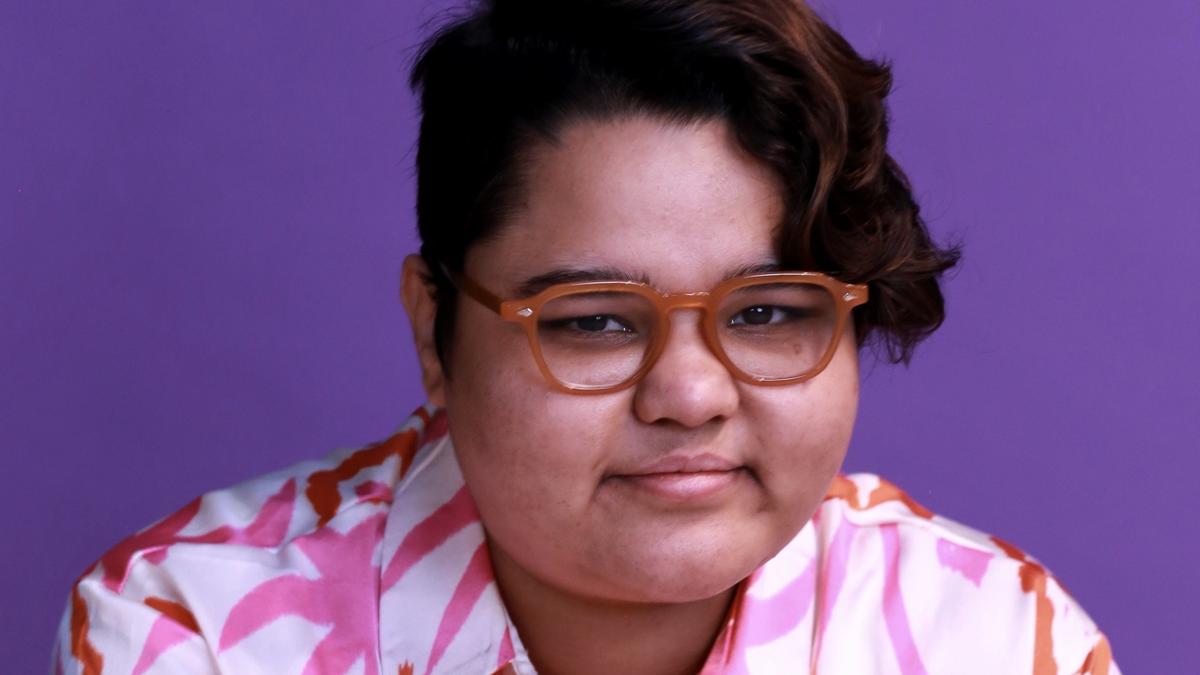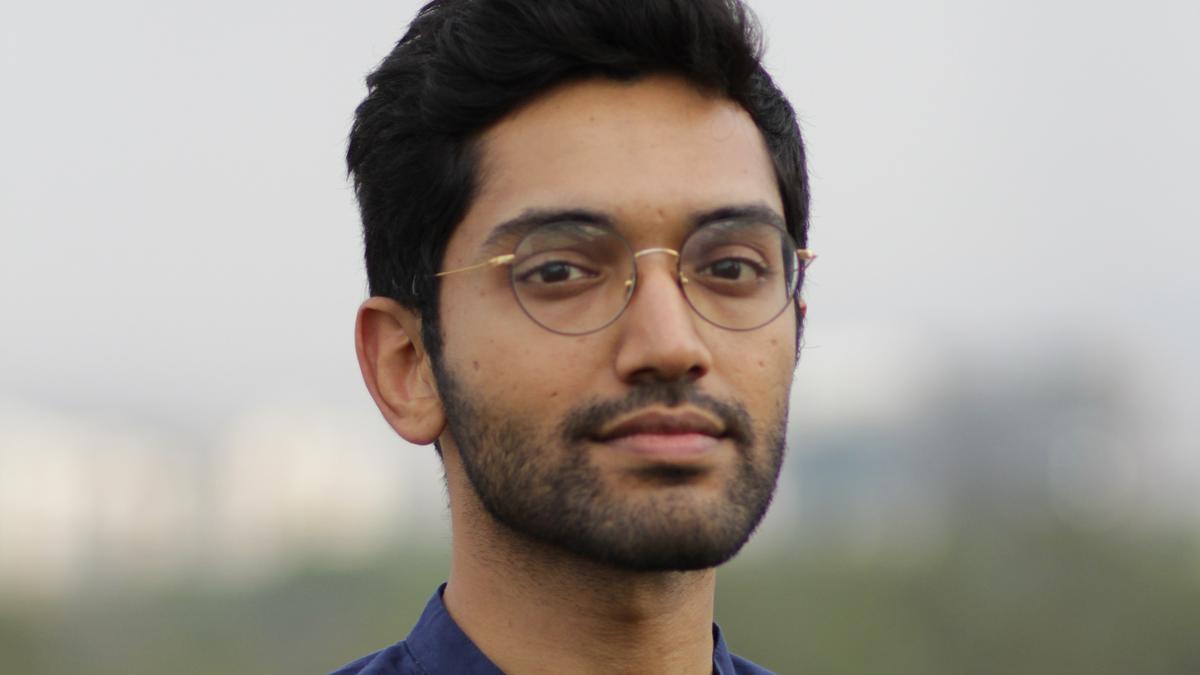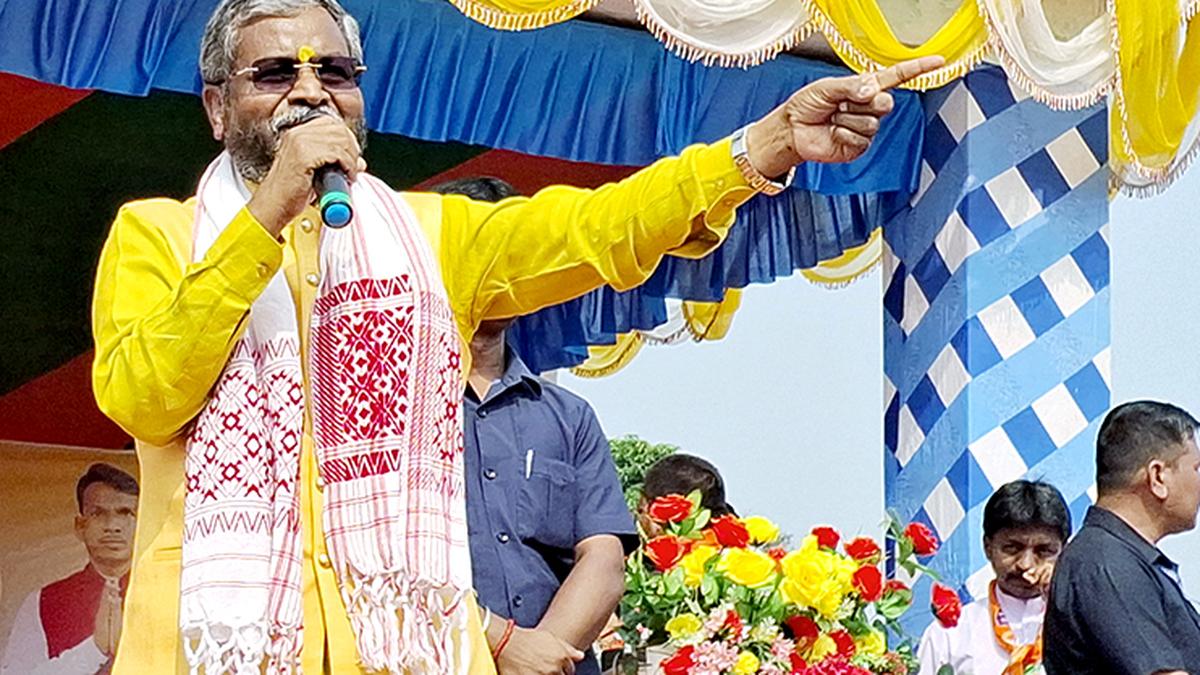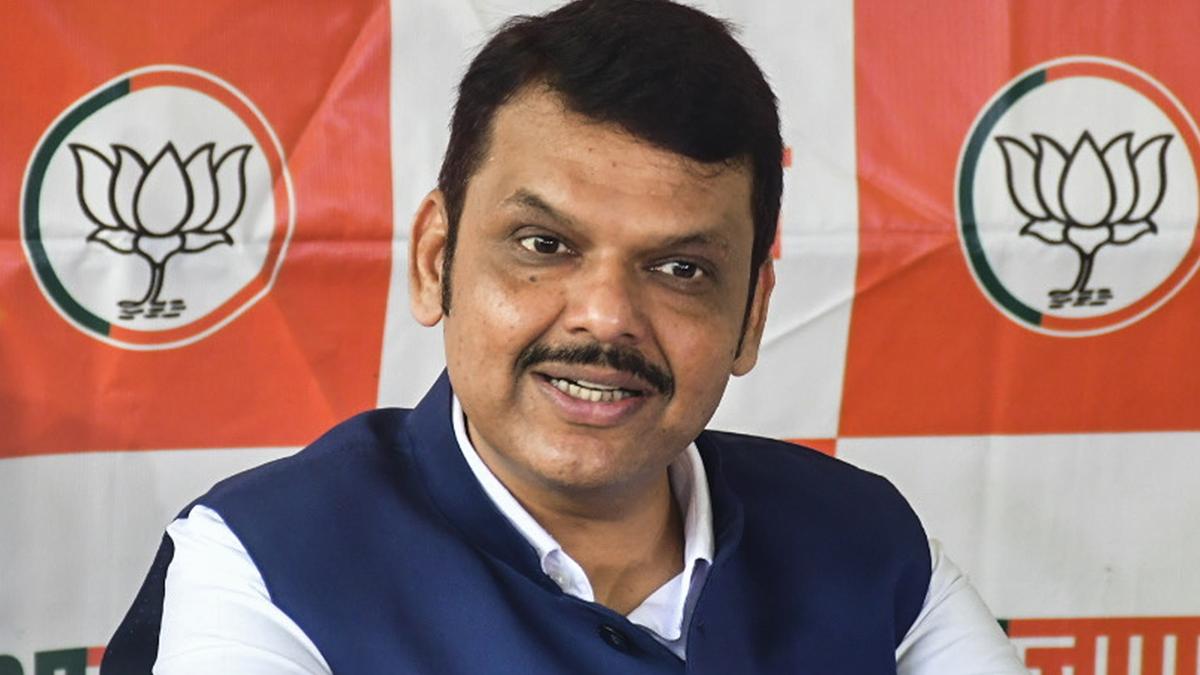“But I look able-bodied to everyone,” writes K. Vaishali in her memoir, Homeless (2023). With these words, she opens a discourse on issues we are conditioned to be silent on — the impact of invisible and undiagnosed disabilities on a person; the shortcomings of an education system which fails to accommodate children with differences; a society’s intolerance for anyone who defies prescribed norms, and more. Vaishali, who won the Sahitya Akademi Yuva Puraskar (English), 2024, says writing with the compounding effect of dyslexia and dysgraphia was a “transformative experience”.
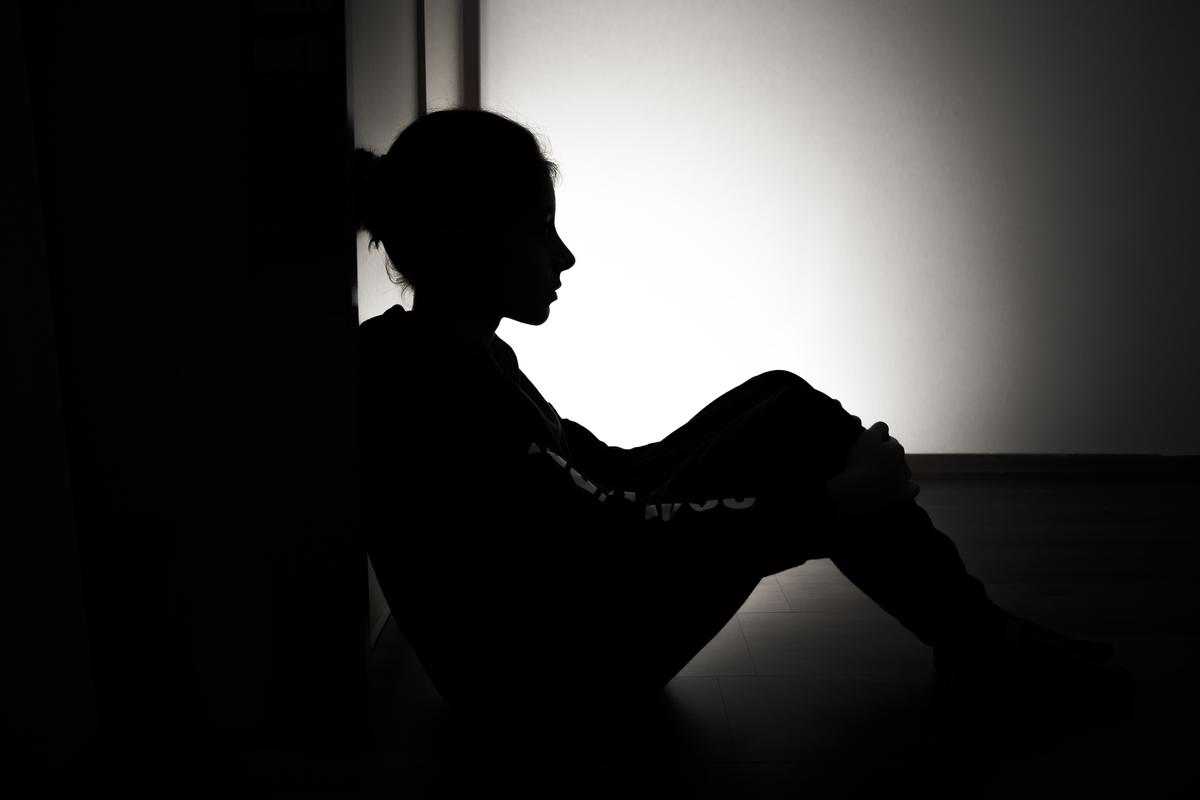
Photo for representation purpose only. | Photo Credit: Getty Images/iStockphoto
Vaishali lived a life of alienation and dissonance till she found an outlet in writing, although it has not been easy. “To tell my story in a responsible, balanced, and engaging way, I had to recall, relive, and rethink all aspects of an abusive childhood multiple times,” she admits. She has persevered, nonetheless: “I wanted to illustrate how having an unstable childhood could compound the mental health effects of being queer and disabled.” At the same time, Vaishali has been acutely aware that as an author she holds the “narrative power” and, hence, acknowledges the responsibility to be fair but honest.
A late diagnosis of neurodivergence was frustrating. “I’ve spent my whole life feeling like I didn’t belong with anyone or anywhere, but I didn’t know why until I found these identities. Before this discovery, I was extremely guarded, keeping my childhood abuse a secret and hiding my writing from others because of a fear of judgement due to my undiagnosed learning disorders.” She wonders, in hindsight, what an early diagnosis could have meant: “Would I have still developed an anxiety disorder? An eating disorder? Would I suffer from impostor syndrome? How much more productive and easier would my life be if I had learnt to use assistive software like a screen reader early on?”
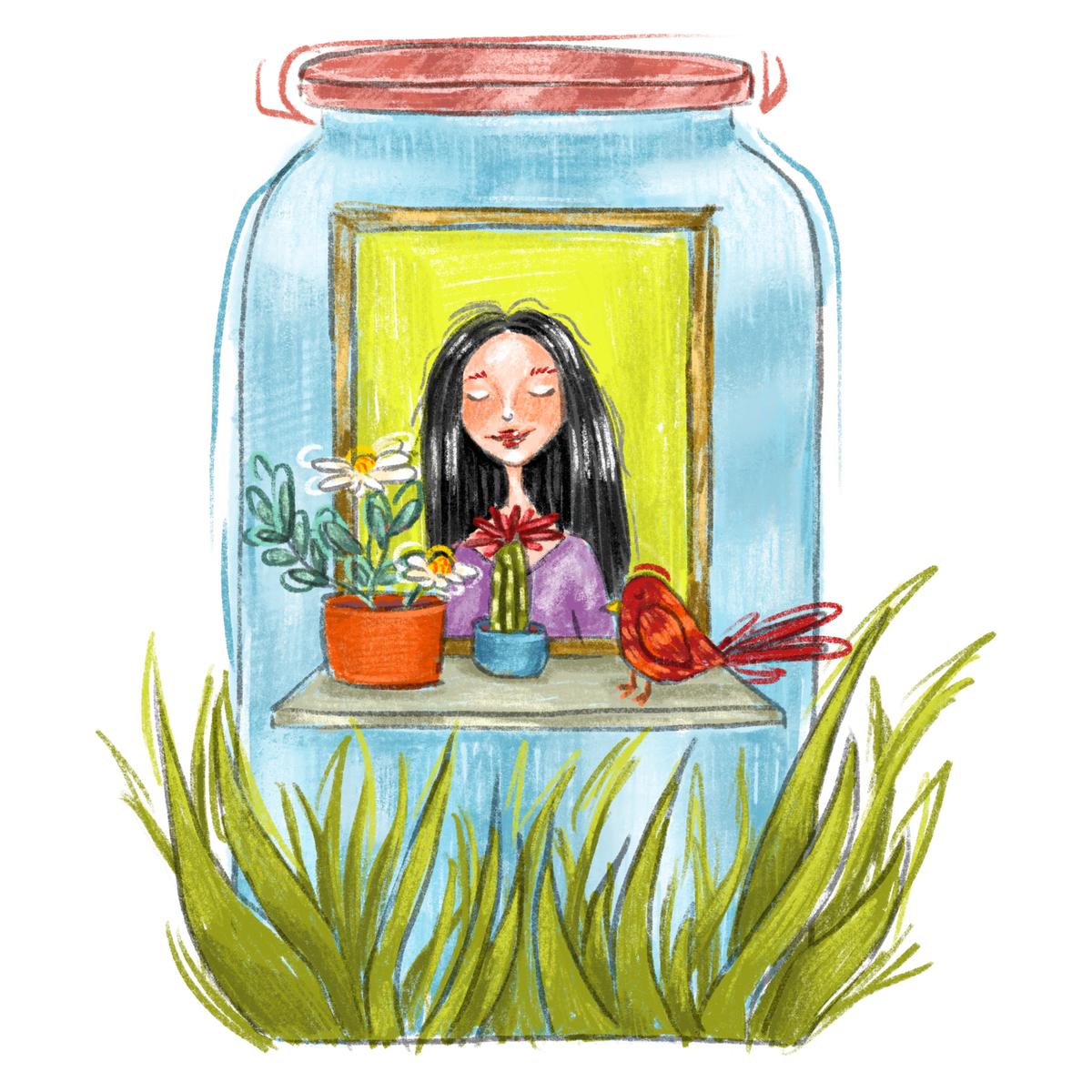
From living with the fear of the everyday to discovering and accepting herself, she has come a long way. So has her family: “My mother has made peace with it… She has been supportive from the beginning, even attending the book launch in Delhi. She has also had to engage in patient conversations with many of our extended family members who felt offended by my book.” Winning the award has softened the blow.
A congratulatory letter from Prof. Manish R. Joshi, Secretary of the University Grants Commission, has also been comforting. “It is heartwarming to receive praise from such an influential person who has the authority to create inclusive guidelines for dyslexic students. This makes me hopeful that my book could have an impact on policy, law, and guidelines. It is amazing to see that something I wrote in my room could actually lead to real change — this recognition is the catalyst,” she shares.
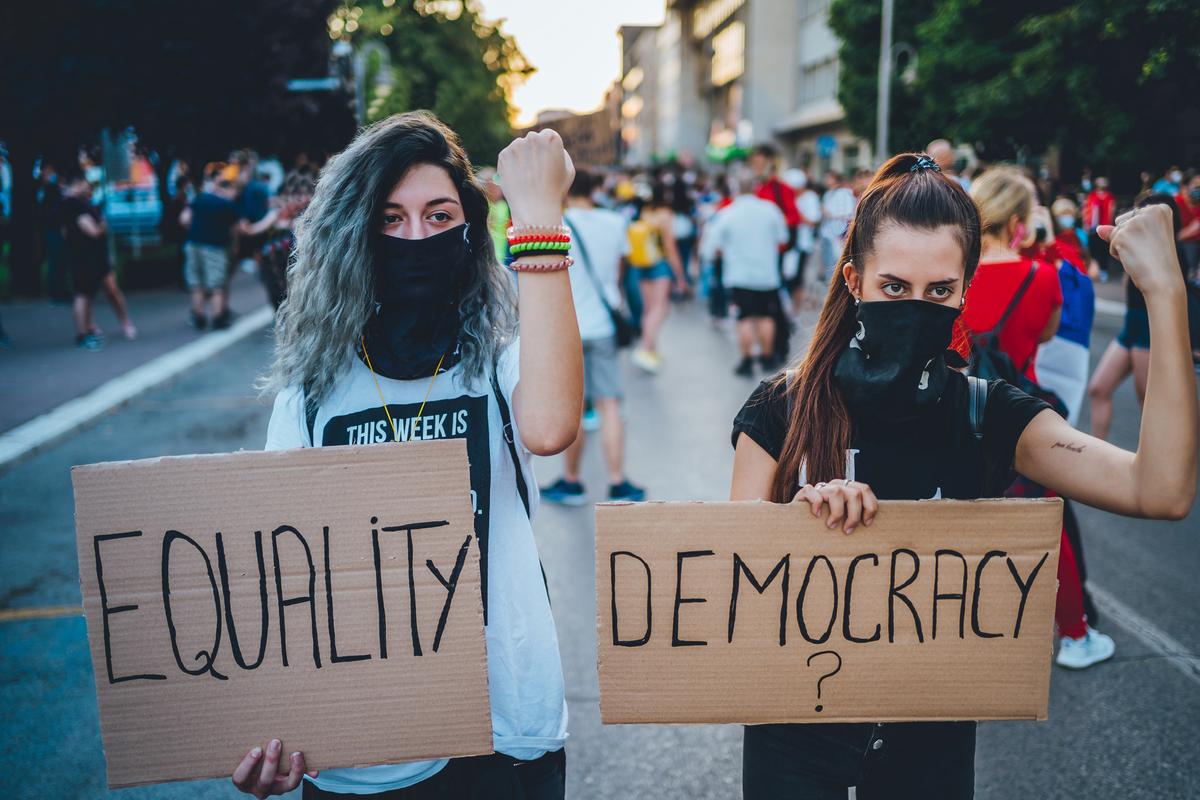
Two women at a rally seeking equal rights. | Photo Credit: Getty Images/iStockphoto
Apart from the social reality of the “queer-disability intersection,” Vaishali also takes note of the ambiguity new legal provisions in the country have added, post decriminalisation of homosexuality. She expresses worry against the “unchallenged stereotypical” representations of the LGBTQIA+ community in the media. “My main aim with my book was not to dispel preconceived notions, but to offer an intersectional lens and an idea of queerness that is different from a lot of the other queer-themed books/films/memoirs produced in India.”

Currently working in a software company, she hosts a podcast titled Queerious Connections, and actively advocates for the community. Her sustained efforts have earned her a spot on the 2024 D-30 Disability Impact List — which honours people with disability who make a difference, globally. She speaks of finally having found a ‘home’ — in herself, with the people she loves, and in all those she has touched through her book.
Homeless: Growing Up Lesbian and Dyslexic in India; K. Vaishali, Simon & Schuster, ₹499.
The interviewer is an independent feature writer. Instagram: @read.dream.repeat


